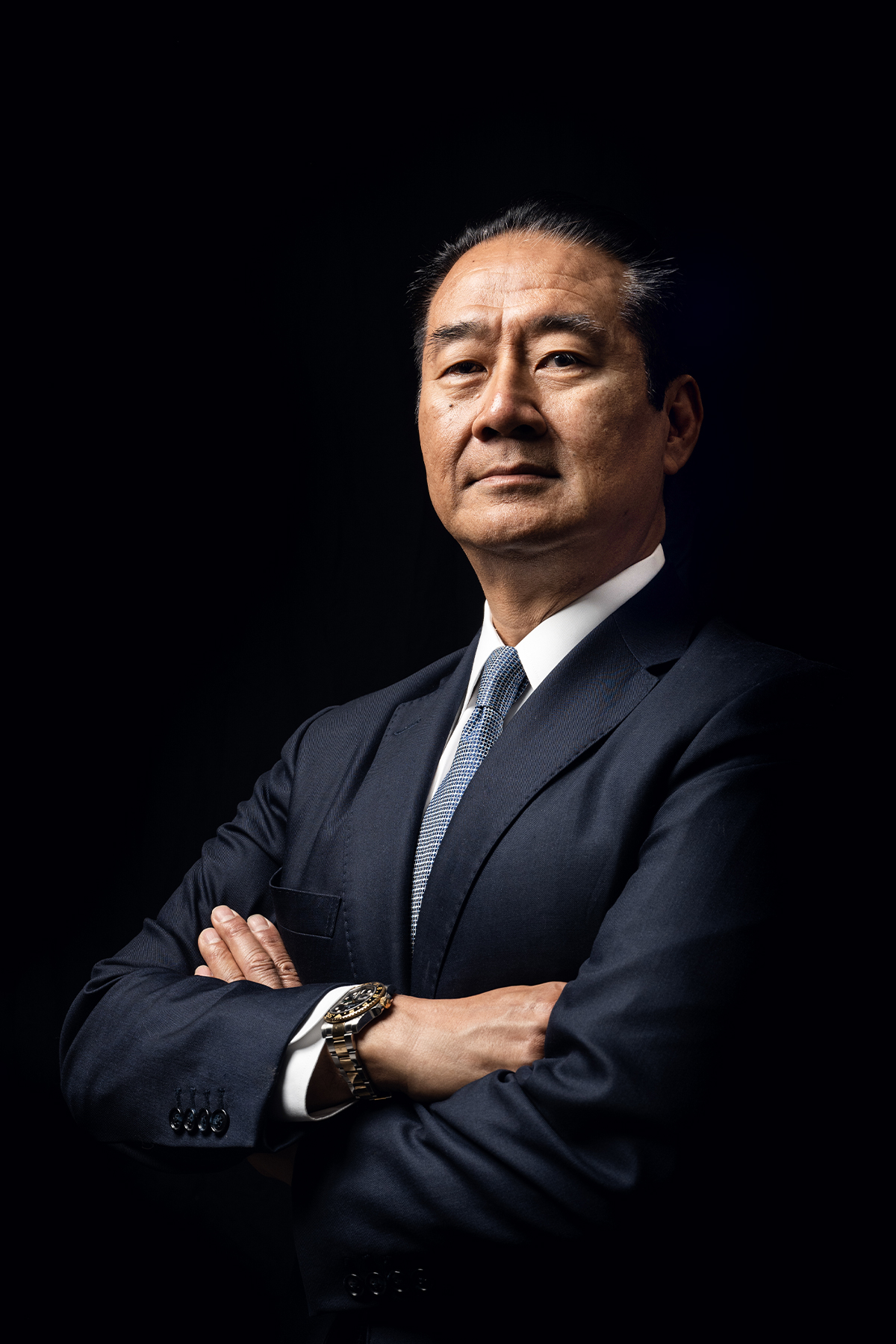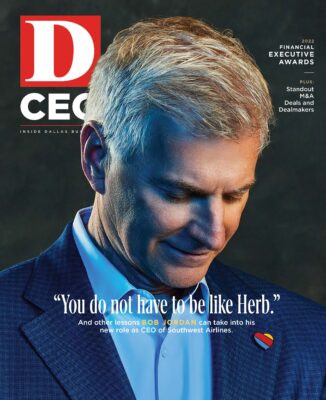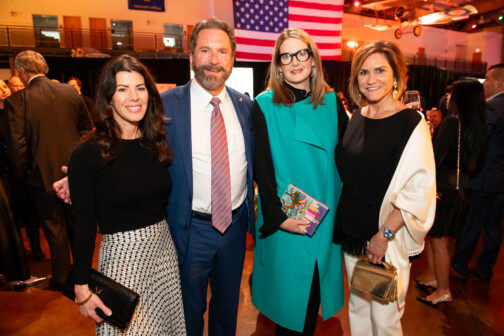Robert Shibuya grew up in a typical middle-class neighborhood in Hayward, California. Whereas most of his schoolmates’ dads were electricians, plumbers, or tradespeople, Shibuya’s father had a rather unusual occupation: professional wrestler.
Before World Wrestling Entertainment on TV, there was San Francisco’s Big Time Wrestling, with live Friday night matches in the ’60s and ’70s that drew raucous crowds. In an industry that was more staged entertainment than sports, everyone had a schtick, and Shibuya’s father crafted his persona as an angry brute at a time when anti-Japanese sentiment was still running high after World War II.
Though the evil Kinji had an imposing presence—he was billed as 5-foot-9-inches and weighed in at 249 pounds—at home, he was an extremely gentle man, guiding with grace and tending to his champion koi fish. Kinji used his size and athleticism to get educated, attending the University of Hawaii on a football scholarship. He parlayed his wrestling notoriety as the guy people loved to hate into opportunities in film—even being recognized by the Japanese American National Museum for his lifetime achievements. “I witnessed a lot of the discrimination that he had to overcome firsthand,” Shibuya remembers. “My view of the world was shaped through the lens that racial barriers or social perceptions should not be the construct of your life.”
It has been a little more than five years since Shibuya became chairman and CEO of the real estate advisory firm Mohr Partners. In 2017, he completed a management buyout from founder Bob Mohr, with Mohr retaining the capital markets line of business under the Mohr Capital name. Although Mohr could have easily sold to a global firm, he says Shibuya and his partners provided a better match for his exit goal. “I felt good about the company’s legacy,” Mohr says. “It was a way to have cohesiveness and pull everyone together versus having to think about integration when you have one company being absorbed by another.”
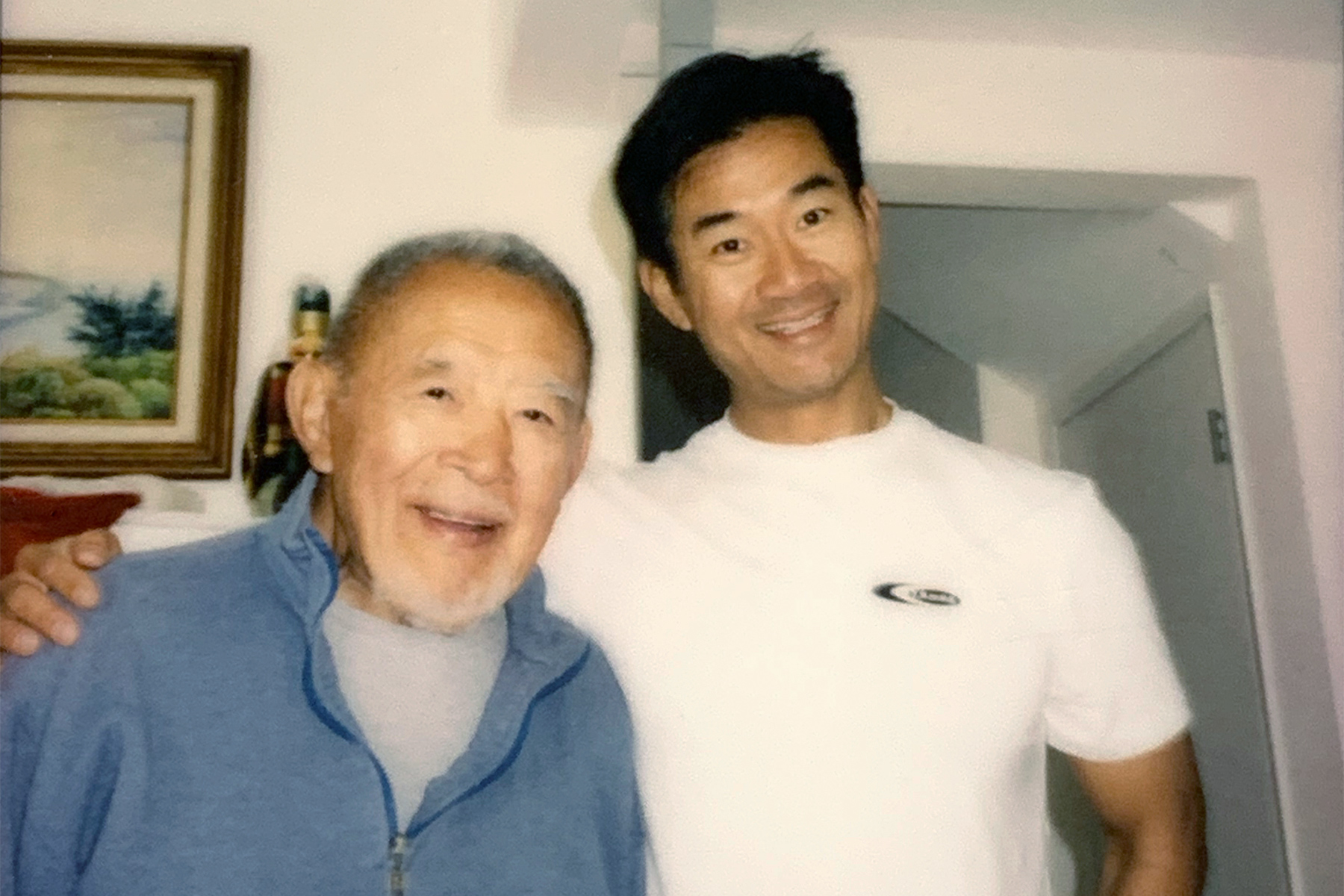
The founder remains active in the enterprise as chairman emeritus and says he enjoys seeing the firm he launched head in a new direction. “I started the company in 1986, and it’s nice to see Bob include his wife and sons in the way that he has. They make a good team, and from a legacy standpoint, they’ve got their sons involved, which bodes well for the future.”
Shibuya’s wife, Michele, is Mohr Partners’ managing principal of business operations. Their eldest son, Robert, is a senior account manager and a member of the global corporate services division, responsible for managing lease and capital market transactions; younger son Richard is a senior transaction analyst leading research and site selection.
“It’s wonderful to see our sons follow in their dad’s footsteps into commercial real estate,” says Michele. “Growing up, that was what we talked about around the dinner table. That’s all you heard, and that’s what they’ve been around from a very young age.”
The 36-year-old, Dallas-based Mohr Partners has more than 200 employees and 24 offices, providing real estate advisory services in every U.S. state and more than 40 countries worldwide through four international alliances. Shibuya declines to provide specific revenue figures for his privately held company, but he says the firm has seen tremendous growth under his stewardship. The firm’s EBITDA, he shares, grew 100 percent from 2019 to 2020 and 72 percent from 2020 to 2021, and annual revenue growth was 52 percent last year.
In a world of global, full-service commercial real estate firms, Mohr Partners continues to focus exclusively on tenant representation and reigns as one of the largest occupier-side firms in the nation. “Outside of labor, office space and real estate costs are some of the largest expenses a company takes on,” Shibuya says. “You really need someone on your side looking out for your business’ interests in the lease negotiation process without having skin in the game as a landlord representative.”
Twists of Fate
As a student at the University of the Pacific in Stockton, California, Shibuya recalls a family weekend hosted by his fraternity that changed his career trajectory. “I would have been perfectly content entering the management training track for a local bank, and I probably would have made a pretty good living in finance,” he says. “But I saw my fraternity brothers’ fathers driving fancy cars and asked what they did for a living. Almost all of them said they were commercial real estate brokers.” It was then and there that Shibuya decided to shift his career goals.
An on-campus interview landed Shibuya a job at Equitec Properties Co., initially serving as a financial analyst, underwriting acquisitions and managing office and industrial properties. He then spent the next 10 years in northern California, working as a regional manager at Cushman & Wakefield. But Shibuya wanted more. “The landlord business felt too safe for me,” he says. “I found the tenant side far more exciting and somewhat more lucrative.”
By 1990, Shibuya transferred with Cushman & Wakefield to southern California. He met his wife on a blind date arranged by friends in 1992. “It was a situation where we were both single and Asian, so our mutual friend set us up,” Shibuya says with a laugh. A year later, he took a new job in Los Angeles as executive vice president with Insignia, which CBRE subsequently acquired. That led to a principal position, in 2003, with Trammell Crow Co. while commuting back and forth from Los Angeles to Dallas. Shibuya credits this as the single most game-changing event in his career.
“It was my first opportunity to get into the C-Suite,” he says. “The company had committed in 2003 that 50 percent of leadership would be held by people of diverse backgrounds. That was almost 20 years ago.” CBRE is also where he met Bob Sulentic, then president and CEO of Trammell Crow Co. and now global president and CEO of CBRE, which acquired TCC in 2006. Shibuya continues to hold immense admiration and respect for Sulentic and describes him as an exceptional boss. The feeling is mutual: “Bob was an excellent leader for Trammell Crow Co.’s brokerage operations in the mid-2000s,” Sulentic says. “He impressed me as a creative, energetic professional who excelled at relationship-building inside and outside the company. Those skills have served him particularly well in advancing his career.”
Shibuya says hard work and perseverance helped propel him into the C-Suite. But, he says, it was the company’s commitment to diversity that gave him his first opportunity to lead at a time and in an industry where not many executives looked like him. “It is a pay-it-forward opportunity for me,” he says. “I got a big break because of a commitment to diversity, and I feel a strong desire and obligation to continue to support diversity in my own company.”
Finding Commonality
After becoming COO of the Americas and global chief executive for real estate firm DTZ and an advisory board member for Cresa Partners, Shibuya didn’t make the move to Dallas until 2014, when he joined Mohr Partners as president. “I hate to admit it, but the perception coming from California to Dallas is that there aren’t any Asian people here, or, if there are, they’re not business people,” he says. “So, we were very pleased to find that was not the case.”
Shibuya credits Thear Suzuki, principal and global client service partner at EY, with getting him connected in Dallas. “I can understand how Asian Americans who grew up or lived for a long time in California might feel as though Texas is so different,” Suzuki says. “But once they get here, they’re quite surprised to find that the business community is very open. Also, executives are very generous in terms of sharing their networks and welcoming newcomers into the community.”
Suzuki immigrated to the United States at 8 years old from Cambodia. She knows firsthand what it is like to feel displaced, disoriented, alone, and like an outsider in a new place. As she progressed in her own career, she sought opportunities to attend conferences like the Asian American Women’s Leadership Convention and network with other executives of diverse backgrounds. Traveling coast to coast for these events, Suzuki saw a need for something similar in North Texas.
“In the absence of a leader, be one,” she says. So that’s what she did. In 2015, she and several other Asian American executives got together informally to connect over dinner. Today, the group of about 70 meets quarterly and has grown to include an impressive who’s who of Dallas leaders. Along with Shibuya, members include Tracey Doi, CFO of Toyota Motor North America; Caren Lock, regional vice president at TIAA Financial Services; and Charmaine Tang, principal at BNY Mellon Wealth Management.

“It’s all about two people learning about each other and finding some commonality,” Suzuki says. “Our group wants to encourage more Asian Americans to step into the highest levels of leadership, whether it be the corporate C-Suite or onto nonprofit boards. We certainly have the talent, capability, leadership, and strategic thinking to be at those tables.”
The group also has a goal to inspire the next generation of diverse business leaders. “I want young people to use all of their talents, all of their passions, and all of their potential to be out there, be seen and visible, and contribute to our community,” Suzuki says. “I think the more of us that are out there being more visible and doing this together, the stronger we can help make our community. Our young leaders today can see themselves in Bob Shibuya. They can see themselves in Tracey Doi. They can see themselves in a refugee girl from another country who has ascended and succeeded in business.”
Paying it Forward
Fulfilling his lifelong entrepreneurial goals of owning his own enterprise after nearly four decades working for others, Shibuya was determined to create a different kind of commercial real estate firm. Sixty-three percent of leadership roles at Mohr Partners are held by women, and 75 percent of C-Suite positions are occupied by women, people of color, and LGBTQ+ employees. Overall, 34 percent of corporate employees are individuals from minority backgrounds.
It was also crucial for Shibuya to pursue Minority Business Enterprise certification by the National Minority Supplier Development Council, a designation held by 15,000 companies nationwide. Mohr Partners has become one of just 111 companies with the Corporate Plus designation by the National Minority Supplier Development Council—and the only one in commercial real estate.
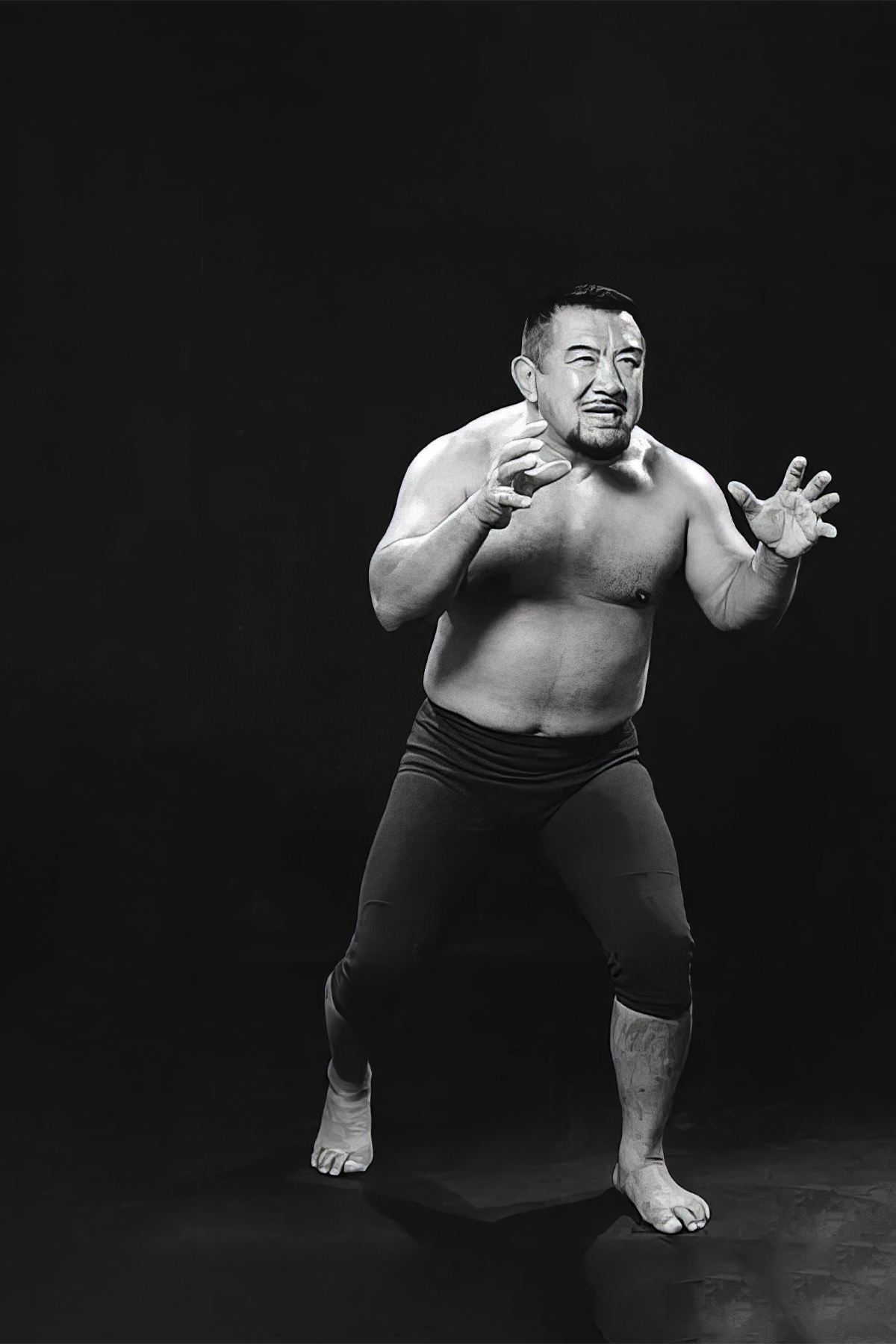
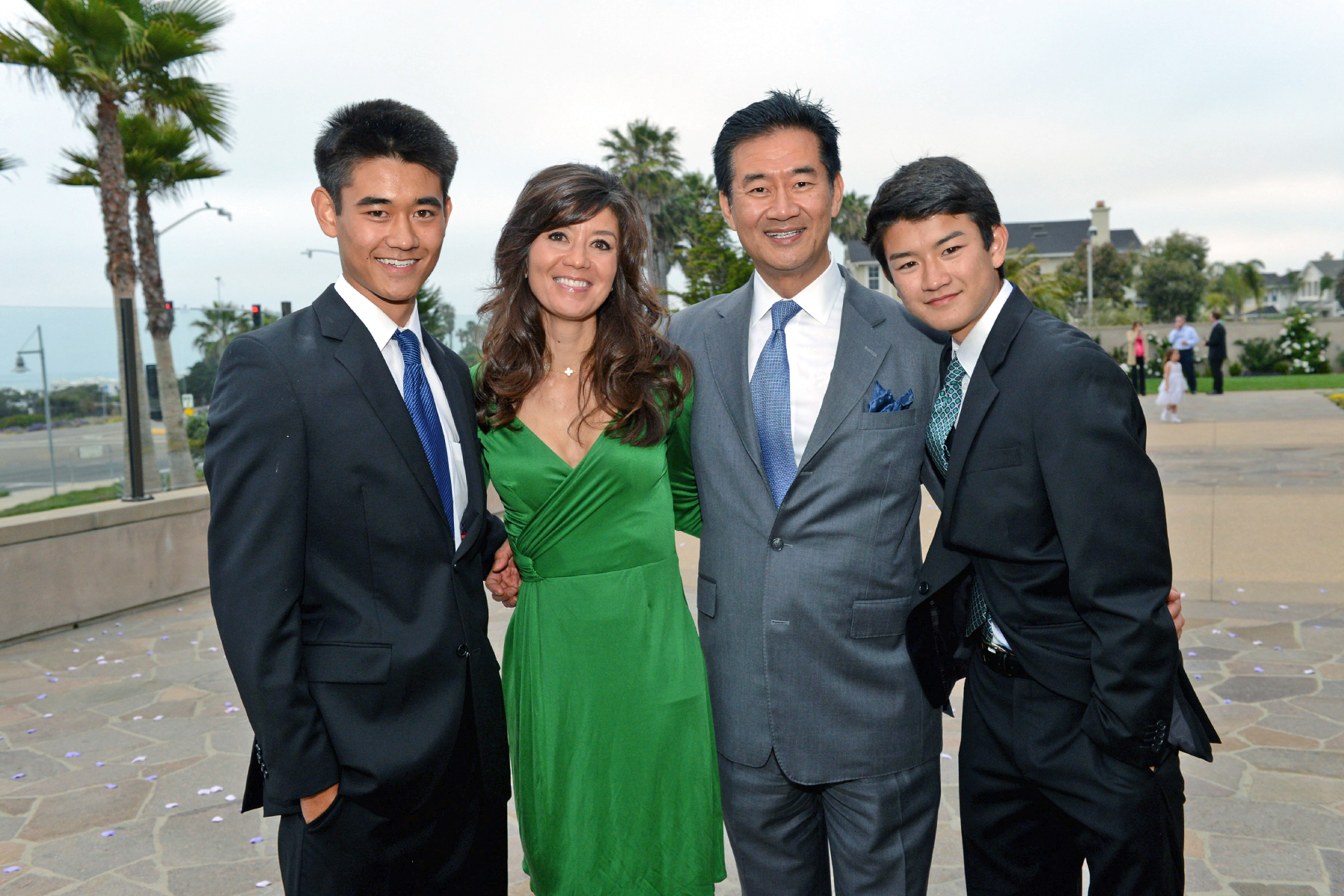
Becoming minority-certified has been a winning strategy for Shibuya, who says that his firm is the preferred commercial real estate services provider for the Billion Dollar Roundtable, leading corporations that purchase at least $1 billion a year in goods and services from certified minority-owned firms. Mohr Partners also works with several Fortune 50 companies, but because of nondisclosure agreements, Shibuya is not able to name them.
The cultivation of diverse talent starts early. For its internship programs, which run year-round, Mohr Partners works closely with local schools—Texas Christian University, Southern Methodist, and the University of North Texas—but it also recruits from and has talent pipelines that extend to many of the country’s Historically Black Colleges and Universities. “A commitment to diversity has to start at the top,” Shibuya says. “It has to be intentional, and you have to create an environment where employees see themselves reflected not only among their peers but also in the boardroom.”
For Shibuya, his mission is clear: “It’s about moving past diversity and inclusion to provide a sense of belonging,” he says. “We have found that we’ve had great success recruiting and retaining diverse talent. It’s because we’re an ethnically diverse company. We’re gender diverse, and we’re very LGBTQ+ diverse. And we’re proud of that. We are committed to giving women, people of color, and members of the LGBTQ+ community unprecedented career opportunities in an industry that has given my family and me so much.”
And for the son of a professional wrestler who experienced the burden of racial discrimination, that’s a winning move.
Steady Climb
Shibuya’s 39-year career has seen him ascend the ladder in commercial real estate. Here are some highlights:
Regional director at Equitec Properties Co.
Regional director at Equitec Properties Co.
Executive vice president at CBRE
Principal at Trammell Crow Co.
COO of the Americas for DTZ
Advisory board member of Cresa Partners
Global chief executive at DTZ
President of Mohr Partners
Chairman and CEO of Mohr Partners
Get the D CEO Real Estate Newsletter
Author



